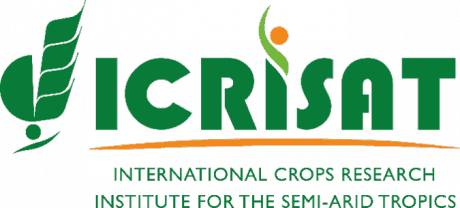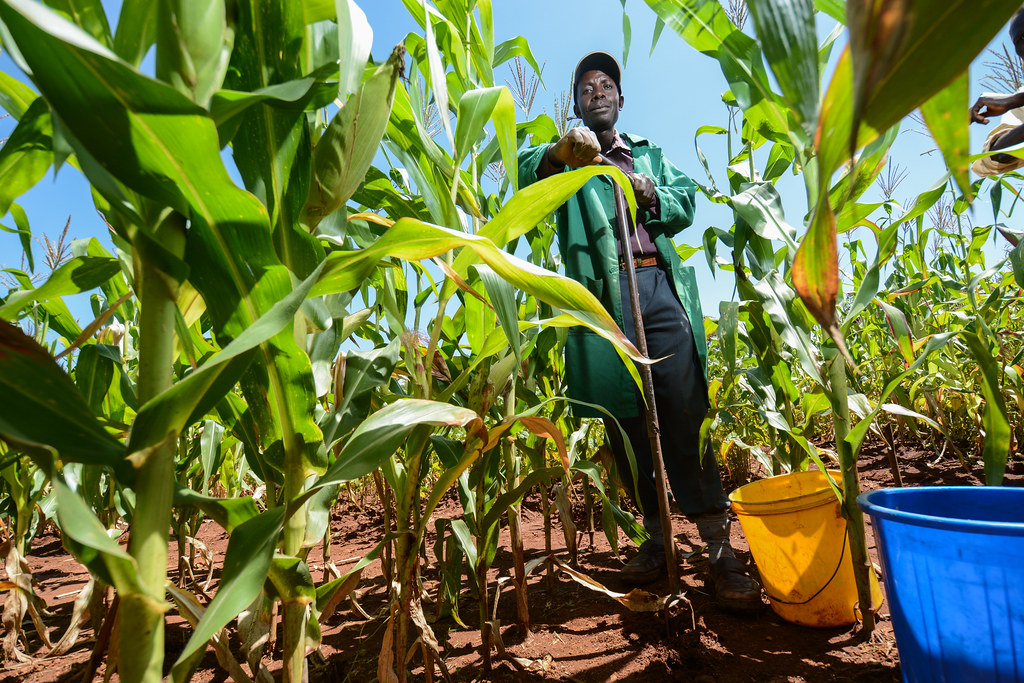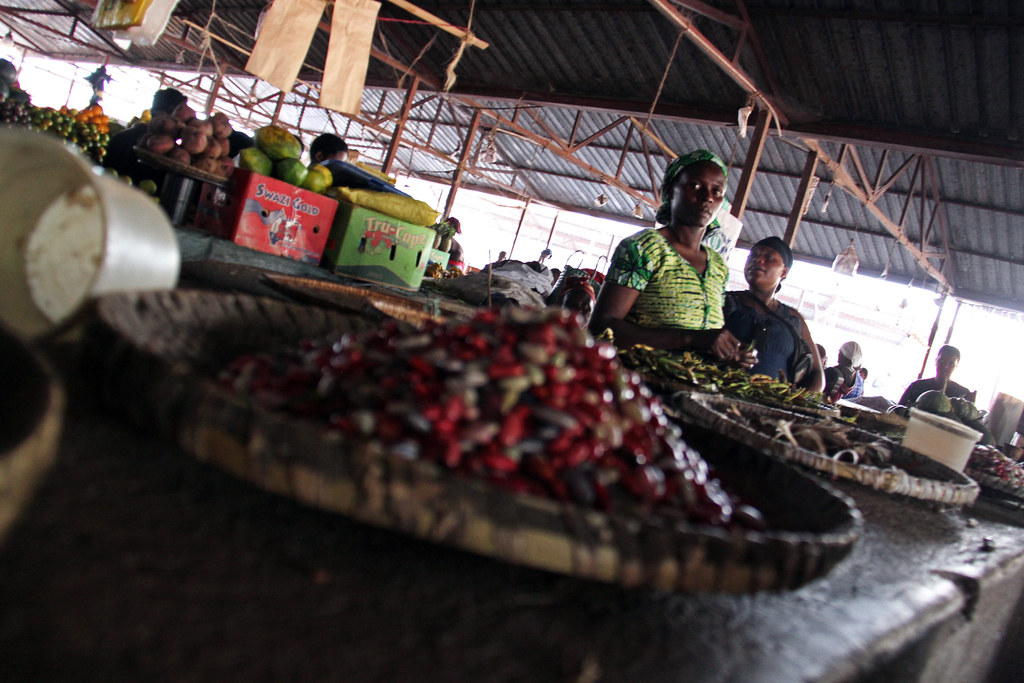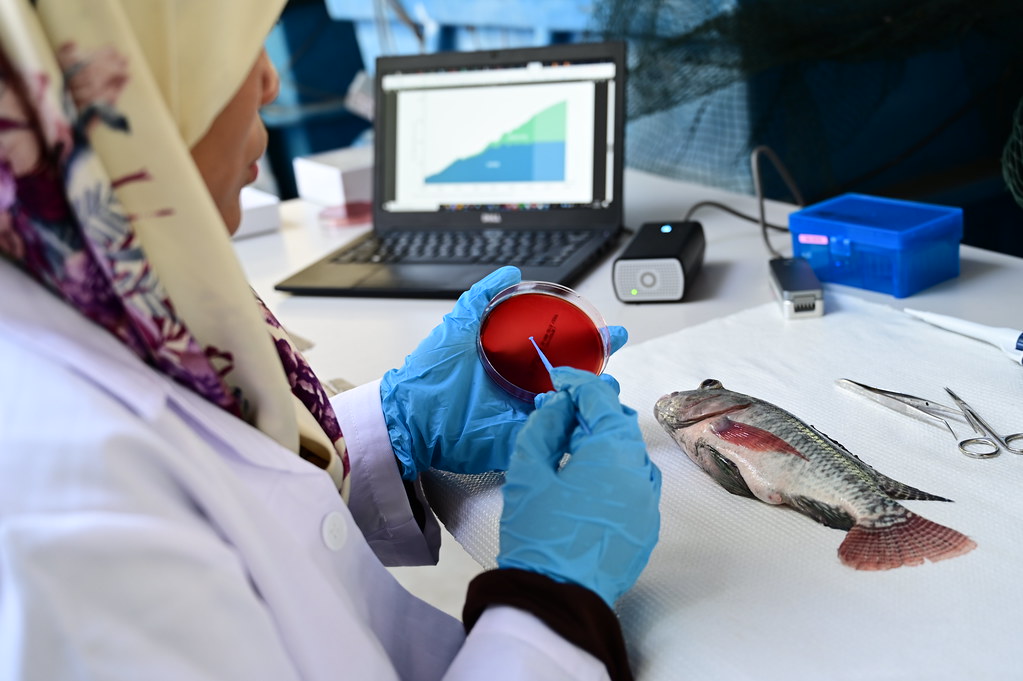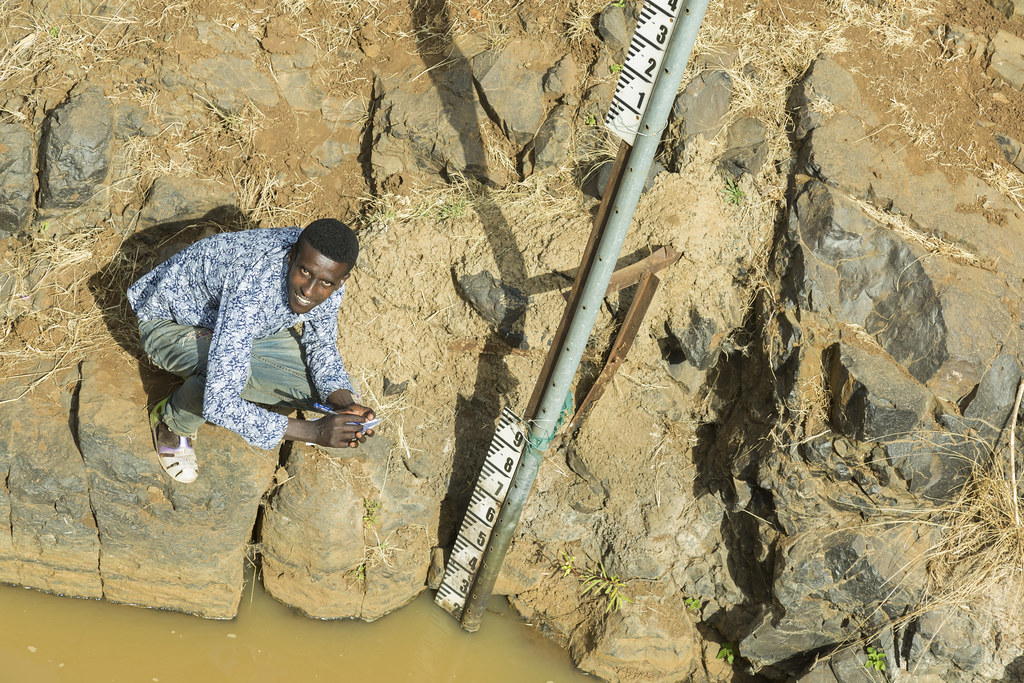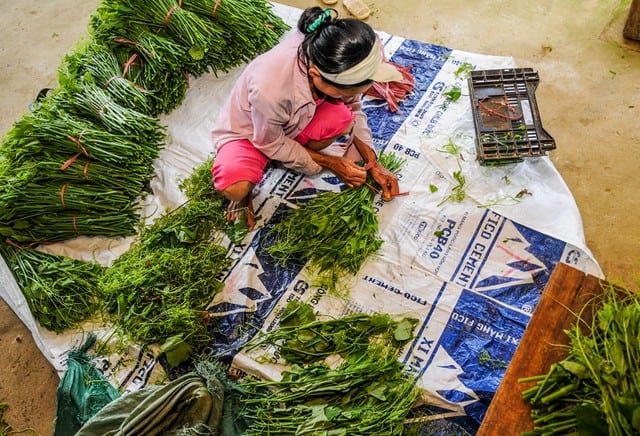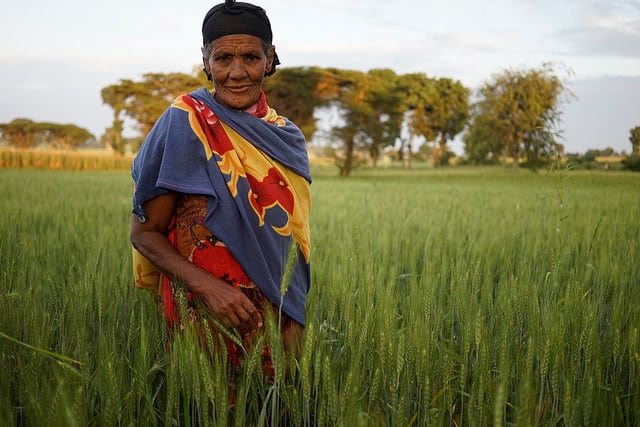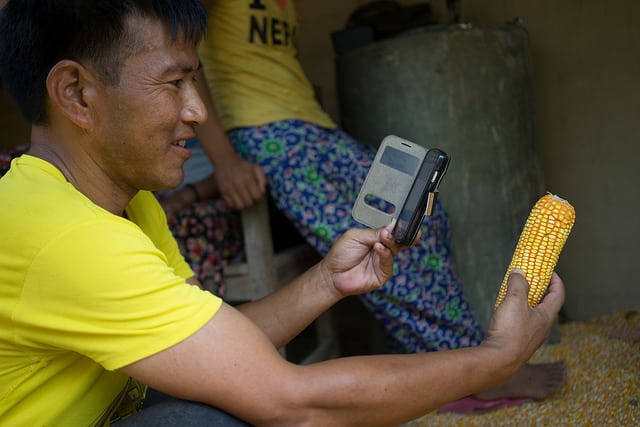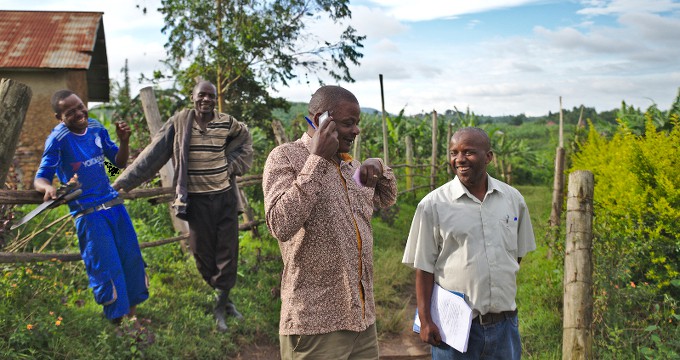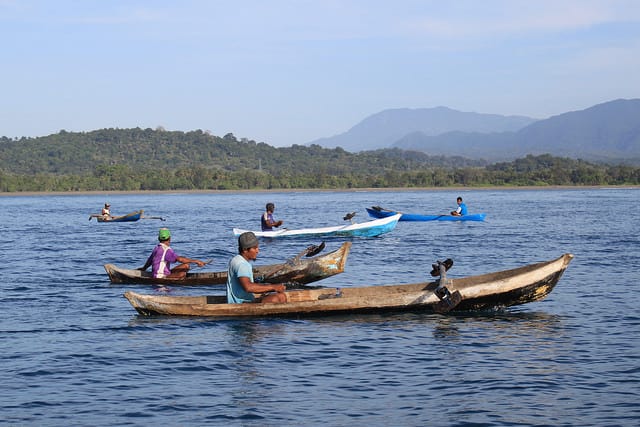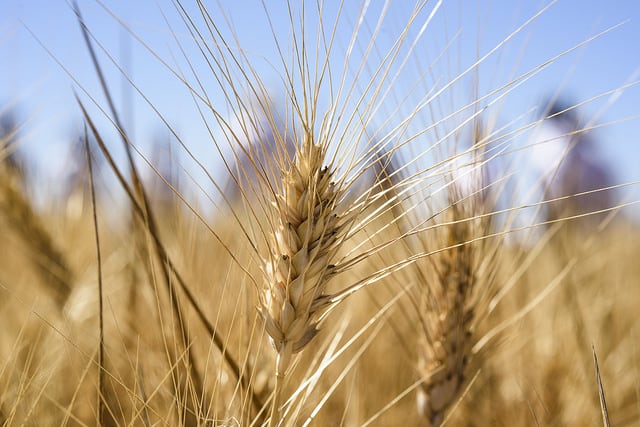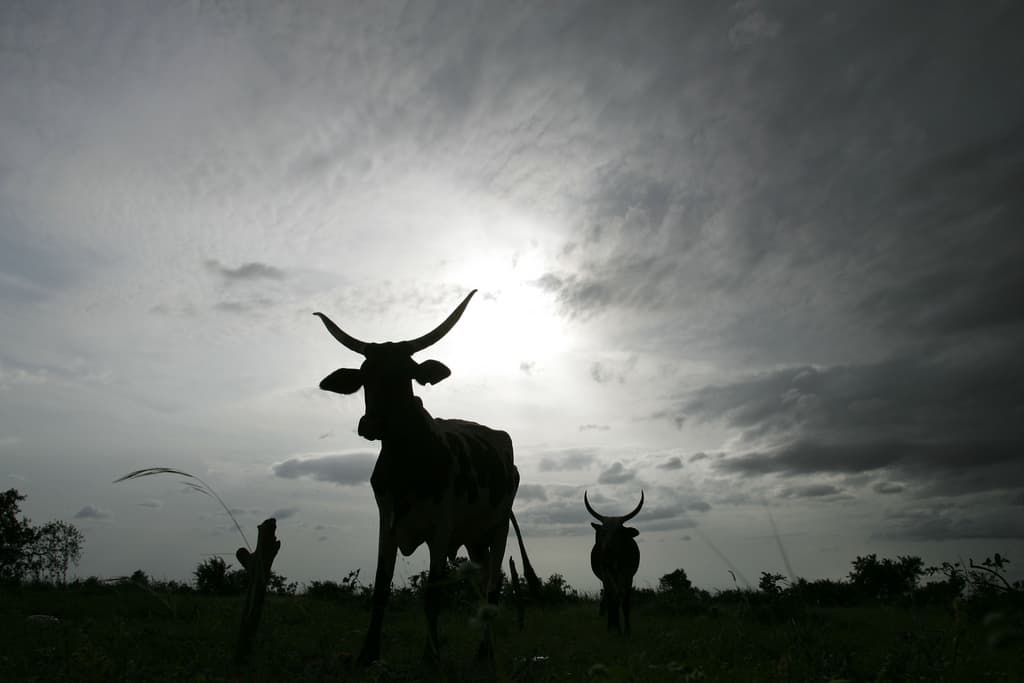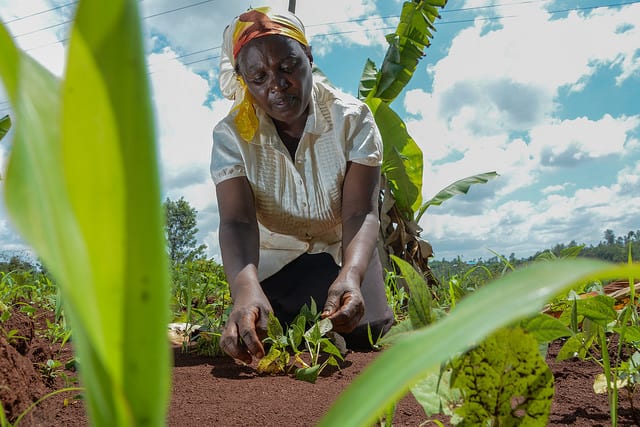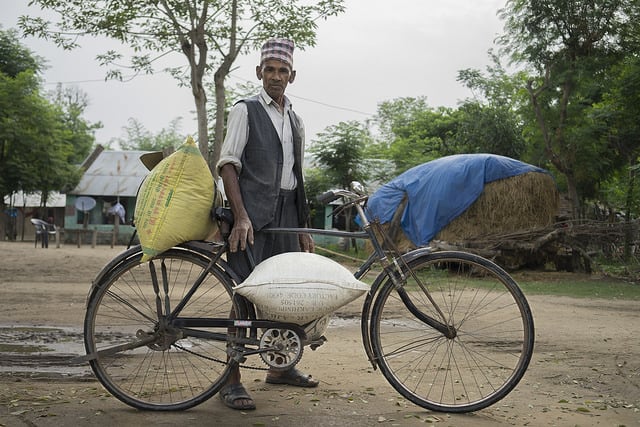2020 Winner
Rapid, Low-Cost Aflatoxin detection using AI
India
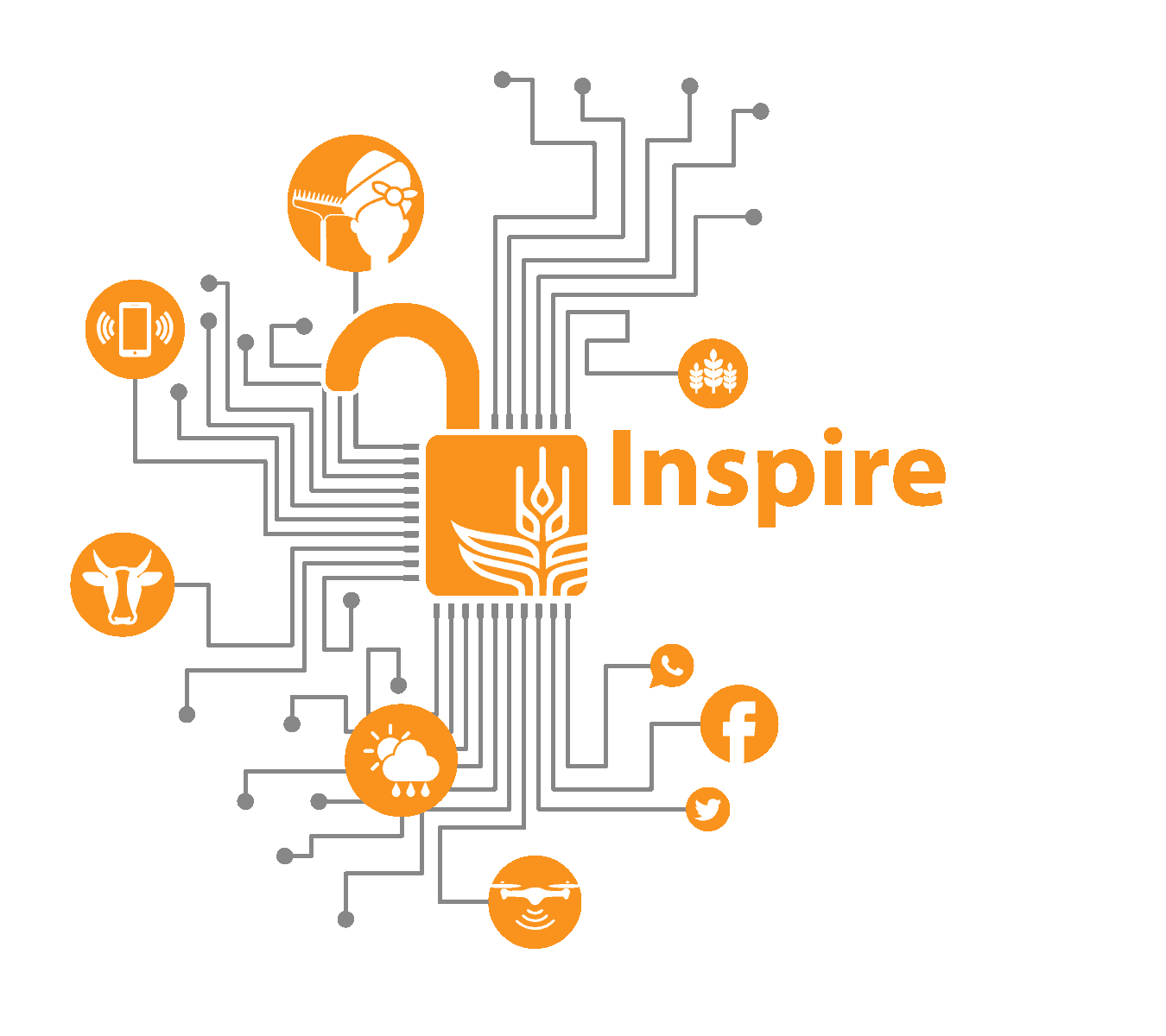
This project seeks to improve an existing, low-cost device (US $50) for rapid aflatoxin detection in peanuts and maize that uses image processing under ultraviolet (UV) light. The team will build a platform connected to the device that will show the final aflatoxin content in agri-produce which can be used by farmers and traders to showcase the quality of their produce and auction it to industries and processors at better prices, increasing farmer income, improving sourcing processes for industry, and reducing the amount of aflatoxin that enters food supply chains.
More about the project
Aflatoxins are poisonous substances produced by certain kinds of fungi that are found naturally all over the world. They can contaminate food crops and pose a serious health threat to humans and livestock.
However, there is currently no easy way to monitor and limit aflatoxin exposure in food supply chains, so farmers and traders do not get additional value for better quality, aflatoxin-free material. The lack of aflatoxin monitoring does not incentive efforts to increase the quality of goods and industries find it hard to source aflatoxin-free material.
This project will improve an existing, low-cost device (US $50) for rapid aflatoxin detection in peanuts and maize. The device, a small, portable box (about five x five x five inches), uses blacklight fluorescence of aflatoxin to predict aflatoxin quantity within an error margin of one part per billion. The user places a handful of peanuts into the box, which connects to an android application, and the fluorescence is captured by simple cameras with filters. The resulting images are processed to analyze the amount and pattern of fluorescence by a machine learning model that predicts the amount of aflatoxin present.
Finally, a web platform will be created that will enable industries and buyers to view aflatoxin content and other, relevant data and inform their purchasing choices. The project will help lower the amount of aflatoxin that enters food supply chains which will have multiple, positive impacts on population health.
This Inspire Challenge proposal was selected as a 2020 pilot project winner, receiving a total of US$ 100,000 to put their ideas into practice. Learn more about the Inspire Challenge Grant here.
Step by step
2021
JAN 2021
AflaScan hardware developed
The AflaScan hardware was developed after three rounds of refinement. The Android application was built to achieve simple communications with the device.
Additionally, the team started R&D tests for anticipated changes in the product for a lower cost version of the device. This would eliminate the use of additional imaging sensors and utilise the user’s smartphone camera.
FEB 2021
Marketplace web platform development
The marketplace web platform for buyers was developed. The team’s developer used experience and insights in building e-commerce sites to develop the initial version.
FEB 2021
Pilot location selected
Bahraich district in Uttar Pradesh, India was selected as the pilot location after an analysis. Bahraich is an under-developed district that grows 101,000 tons of maize per year (according to 2013 statistics), as well as a significant quantity of peanuts.
Individual markey analysis interviews with various stakeholders in Bahraich were initiated to better understand local economics, farming, and infrastructure.
MARCH 2021
Data collection initiated
The AflaScan device was shared with ICRISAT, and scientific officers were trained for data collection. Data collection began by taking 103 samples of peanuts from farmers in Chittor district of Andhra Pradesh.
Data will be modeled to predict aflatoxin value of peanuts from AflaScan sensor data. The team also analyzed aflatoxin content using standard wet lab procedures, such as immunoassay, and studied low-cost device readings for validation.
MARCH 2021
Market analysis and expansion
Market analysis interviews were conducted with:
- Ekta FPO: A new organization that deals with 4,000-5,000 tons of maize per season
- TCL: An NGO with farmer training experience that could help connect the team to farmers in Bahraich
- Local farmers: Two farmers have been extensively interviewed to understand their knowledge and approaches to local infrastructure and its gaps.
The team began planning an operations expansion in Lucknow, which is close to the pilot location, Bahraich.
APRIL 2021
Search for peanut pilot location
The team considered pilot locations beyond Bahraich for peanut-related tests and interviewed an NGO in Andhra Pradesh that deals with peanuts.
MAY 2021
Expanding product offerings
R&D efforts began to expand AflaScan’s offering to include other quality measurement features. Work has been slowed due to the COVID-19 crisis in India.
2020
OCT 2020
Project awarded US$100K Inspire Challenge grant
The project was one of seven winners of the Inspire Challenge 2020 and was awarded US$100K at the fourth annual convention of the CGIAR Platform Big Data in Agriculture, 19-23 October 2020.
DEC 2020
Development of an aflatoxin assessment device
The team started developing the AflaScan, an aflatoxin assessment device that shows toxin level ranges between 0-20 parts per billion. It will have a robust design for use by farmers and traders and is designed to help exporters, traders, processing companies, and retailers take risk-free and quick decisions on transactions and procurements.
Read more about the team’s aims to make food safe, one ingredient at a time.
DEC 2020
Smartphone app and web platform development
The team began to develop a smartphone app and web platform for traceable transactions using an experimental design.
Gender & Youth Inclusion
- Women farmers frequently receive lower prices for their produce. For that reason, this project aims to create a gender-equal marketplace for aflatoxin-free products with transparent sale processes.
- After completing an authentication process, women farmers and traders will be charged a lower percentage service fee for use of the platform.
- Women are disproportionately exposed to aflatoxins because they are more frequently involved in the time-consuming aspects of peanut processing, such as drying, sorting, stripping, and storage. Therefore, women will be a primary beneficiary of this project’s aim to reduce aflatoxin exposure.
Meet all the Winners



